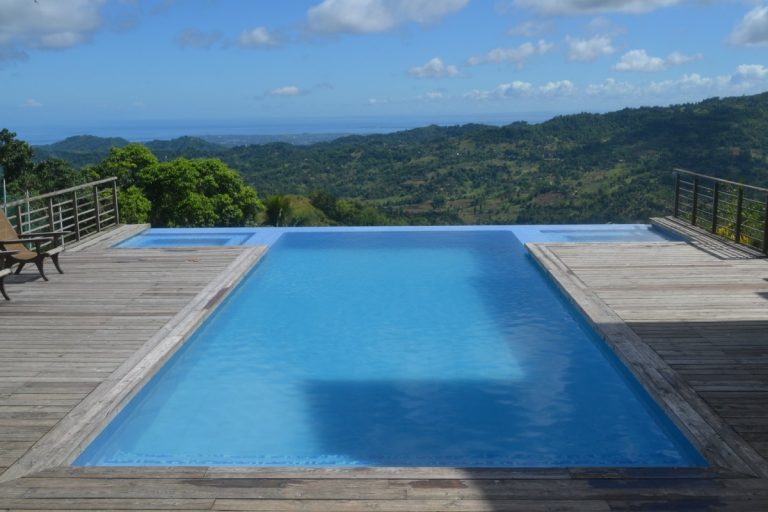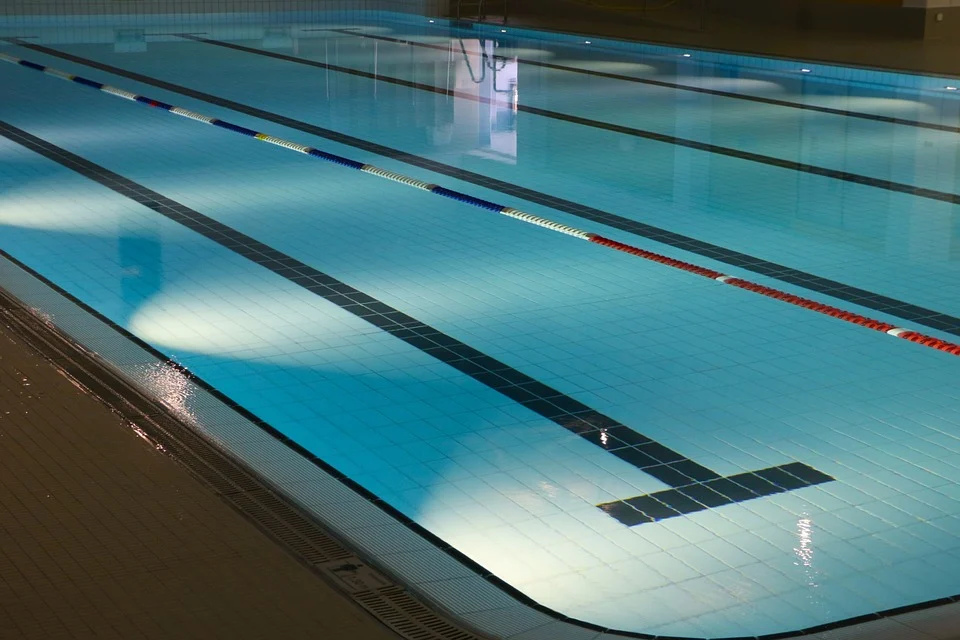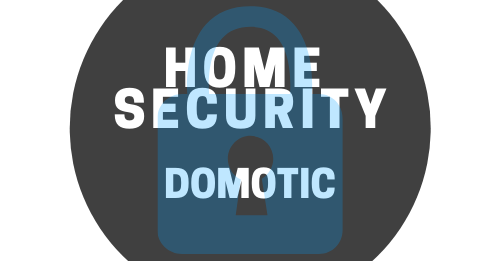Is Swimming Pool Home Automation a Necessity?

In today’s world of smart homes, swimming pool home automation has become an essential part of ensuring the safety, comfort, and energy efficiency of your pool. Let’s dive into the world of pool automation, explore its numerous benefits, and understand the costs associated with it.
Swimming Pool Safety and Hygiene: Standards, Common Sense, and Home Automation
Swimming pools offer endless hours of fun and relaxation, but they also present potential safety hazards and energy challenges. Stringent safety standards govern pool installation, and maintaining proper hygiene can be demanding.
The Safety Aspect: Protecting People
Safety around the pool is paramount. Accidental falls and unauthorized access must be prevented at all costs. Pool installations or renovations must comply with regulatory requirements that mandate at least one of four standardized safety devices: a barrier, a cover, a shelter, or an alarm.
Maintaining Pool Hygiene
While hygiene standards mainly apply to public swimming pools, they offer valuable insights for private pool owners. Practices such as keeping the pool and its surroundings free from debris and ensuring that bathers don’t wear shoes in barefoot areas are simple yet effective measures. Following the manufacturer’s recommendations for water disinfection is crucial. Regular filtration and cleaning are also necessary for maintaining clean and clear water.
The Benefits of Pool Automation

Pool home automation significantly enhances safety and convenience. A well-designed pool automation system incorporates a network of sensors and controls that are precisely programmed for effective management. It must ensure continuous pool safety, automated energy management, and proper water sanitation.
Pool Automation: Prioritizing Safety
Pool automation plays a pivotal role in ensuring pool safety. Safety barriers, when combined with suitable sensors, offer a robust solution. Home automation sensors for immersion, pool access, and more are now more compact, versatile, and easy to install, making them an integral part of a smart pool setup.
Safety Barriers and Sensors
Safety barriers come in various forms: fixed, removable, and retractable. The first two are compatible with home automation, while retractable ones are often automated already. Infrared or laser barriers can create an invisible safety perimeter, setting off alarms when breached. Such barriers are particularly useful when pets or young children are around the pool.
Pool Covers and Shelters
While several pool covers are available, roller covers are the most home automation-friendly. These covers, when combined with alarms and sensors, offer effective safety measures. They not only enhance safety but also help in maintaining pool cleanliness.
Alarms and Sensors
Pool alarms can be categorized into perimetric (connected to barriers) and immersed fall sensors, which detect shock waves in the water. Using both types ensures maximum safety, especially when there are children or pets present.
Other Advantages of Pool Automation
Beyond safety, pool automation has a lot to offer. It provides comprehensive control over pool parameters, including pH levels, filtration times, and disinfectant rates. This makes it an ideal solution for second homes, allowing remote monitoring and management. Additionally, robotic pool cleaners have become a popular choice for homeowners. Solar-based automated cleaning robots with built-in filters are increasingly accessible. Solar ionizers offer an eco-friendly way to maintain pool cleanliness without electricity, using photovoltaic panels to generate a low-power current. They’re compatible with solar heating systems, further reducing your environmental footprint.
The Price of Pool Automation
The cost of pool automation varies depending on the accessories, technology, and pool size. A complete, remotely controlled home automation system with water analysis probes can cost around $3,000. Basic pool alarms can range from $200 to $500, while robotic pool cleaners start at $200 for simple models. For more advanced models that can connect to a central unit, expect to pay $1,200 or more. If you’re considering an automatic above-ground roller cover, budget a minimum of $2,000. When it comes to pool covers, mobile covers start at $2,000, while high hardcovers with necessary fittings can go for $10,000 or more. These price estimates are for self-installation.
In conclusion, swimming pool home automation not only enhances safety but also offers an array of conveniences. With precise sensors, sophisticated controls, and the power of smart technology, maintaining a clean, safe, and energy-efficient pool is now easier than ever. While the initial investment may seem significant, the long-term benefits make pool automation a smart choice for modern pool owners.
